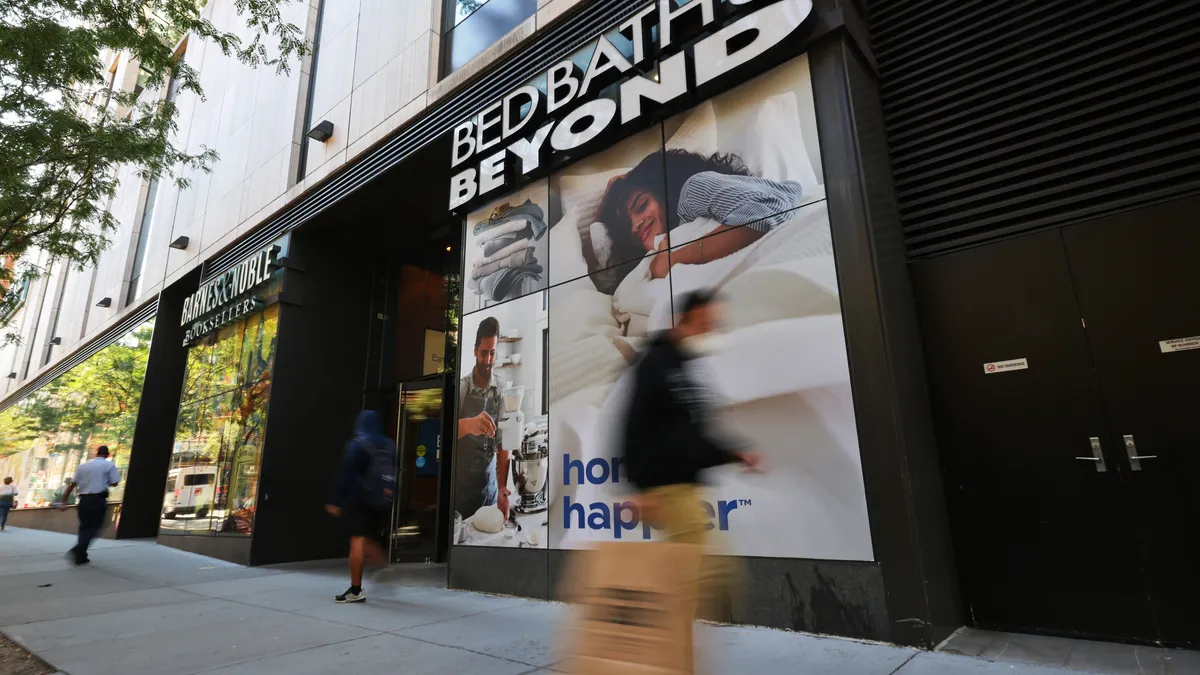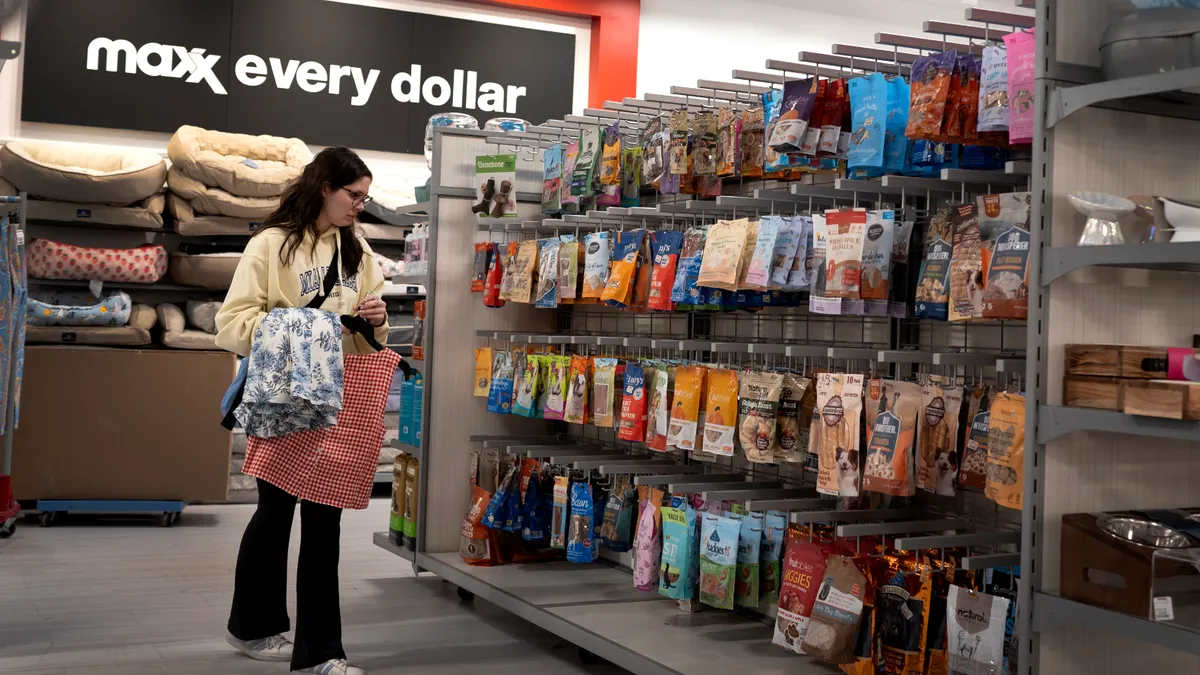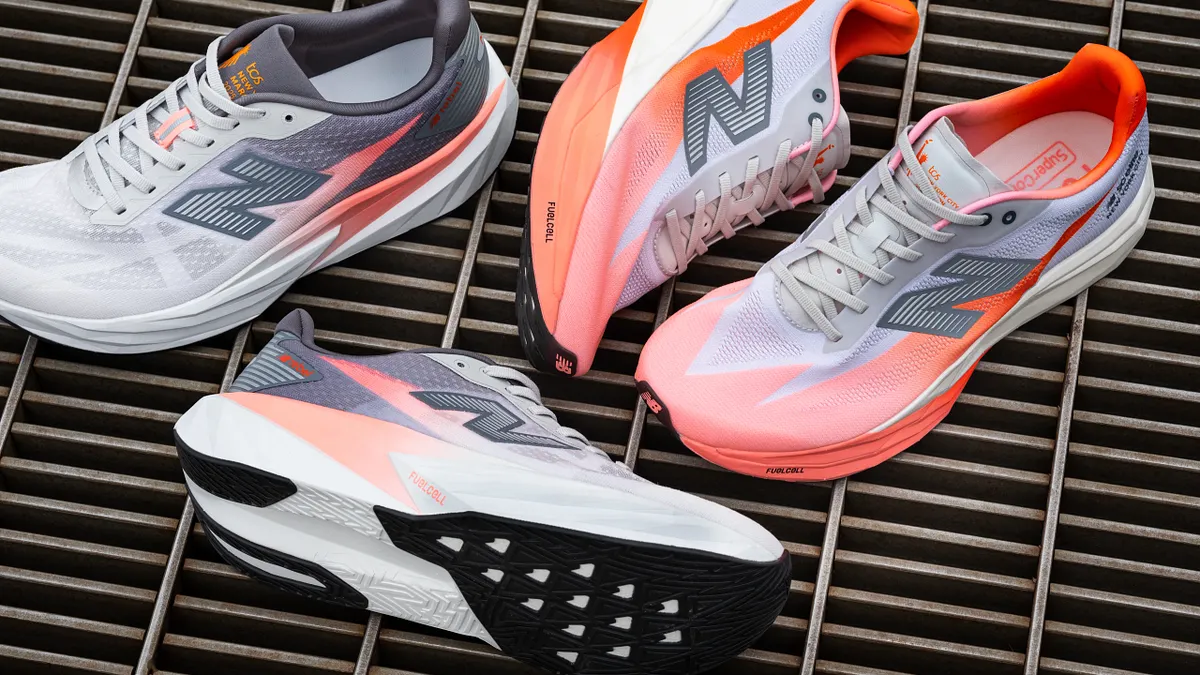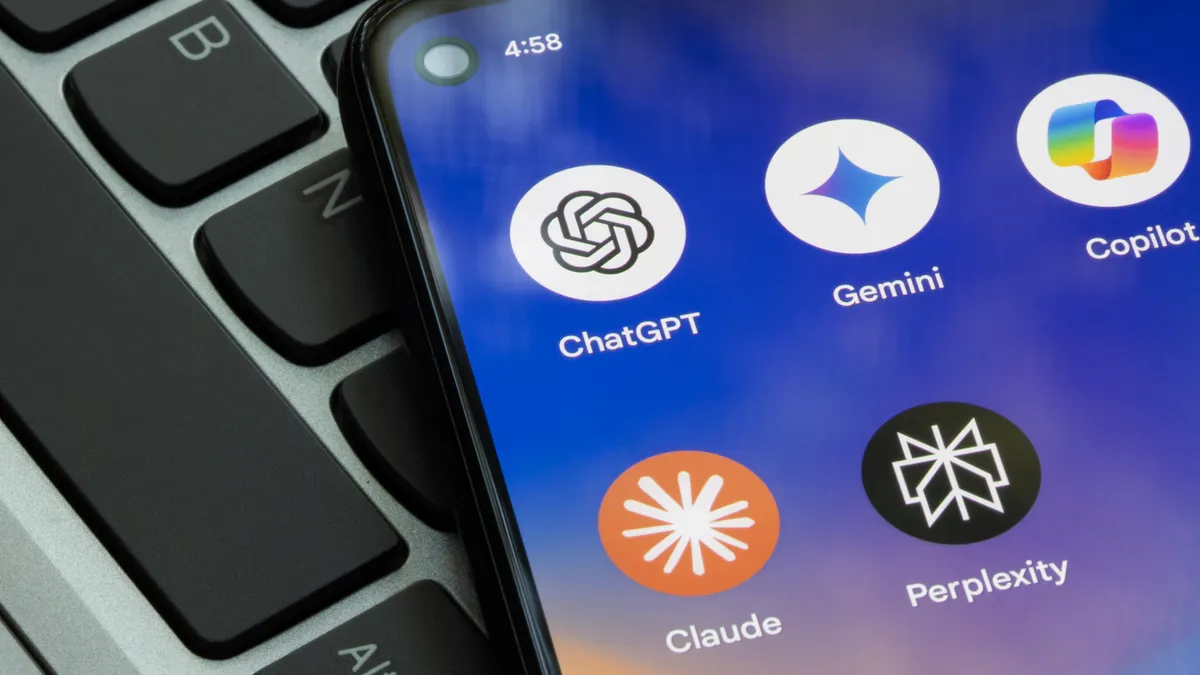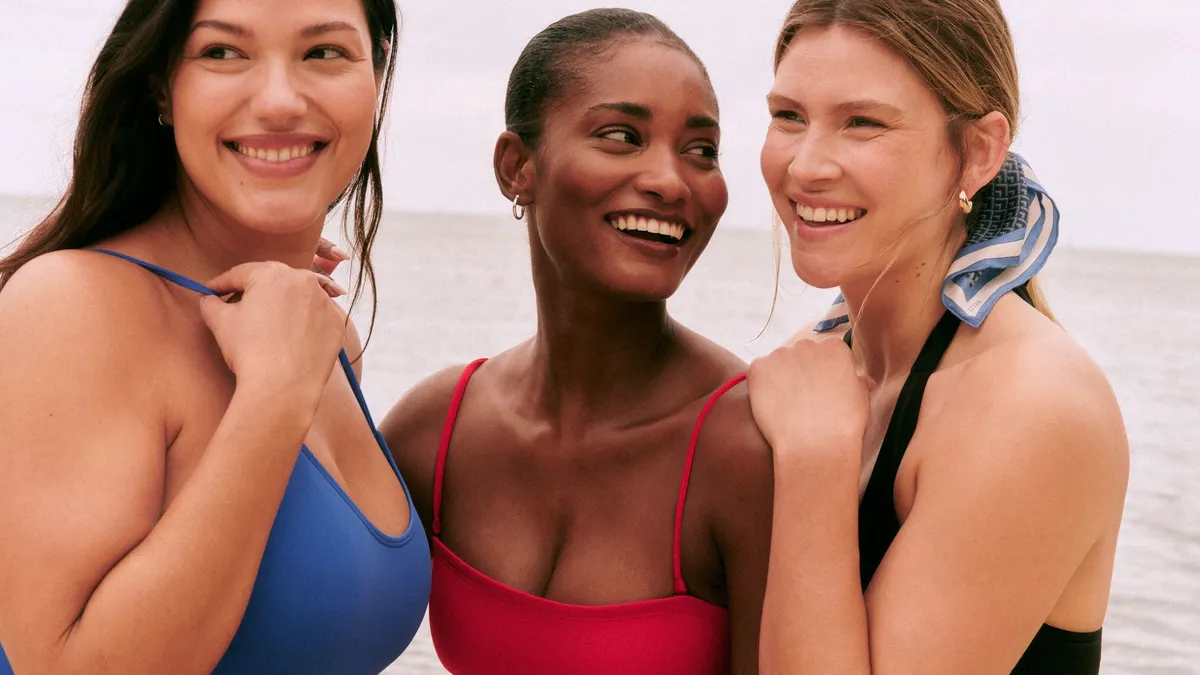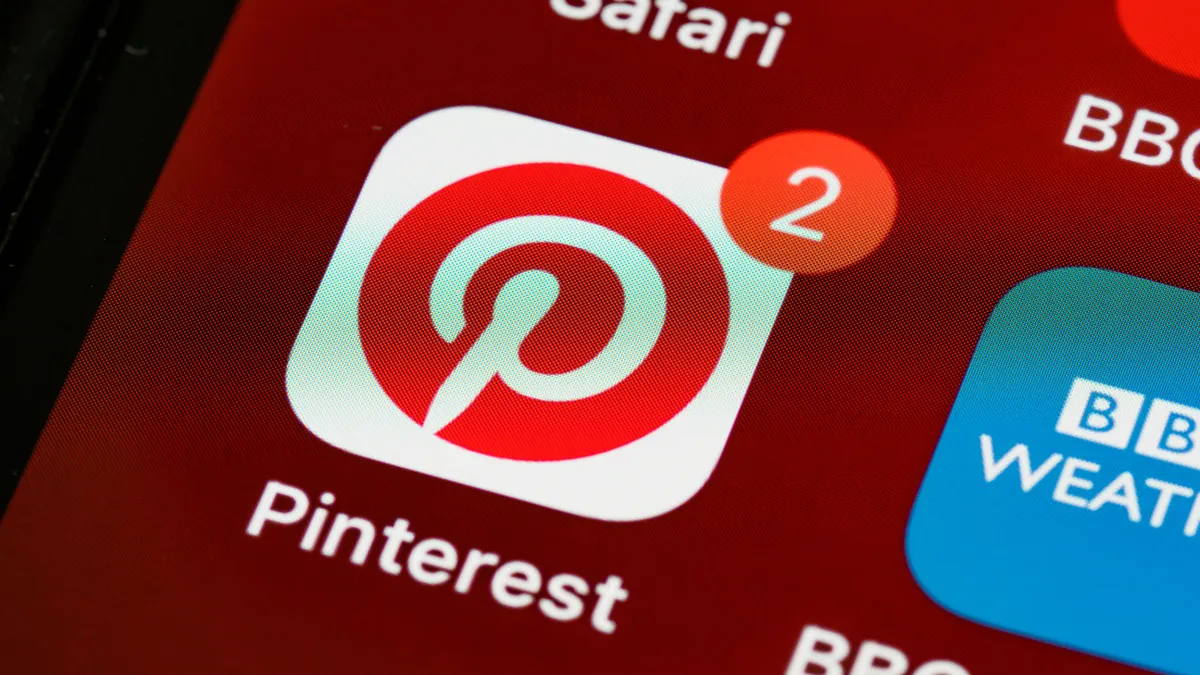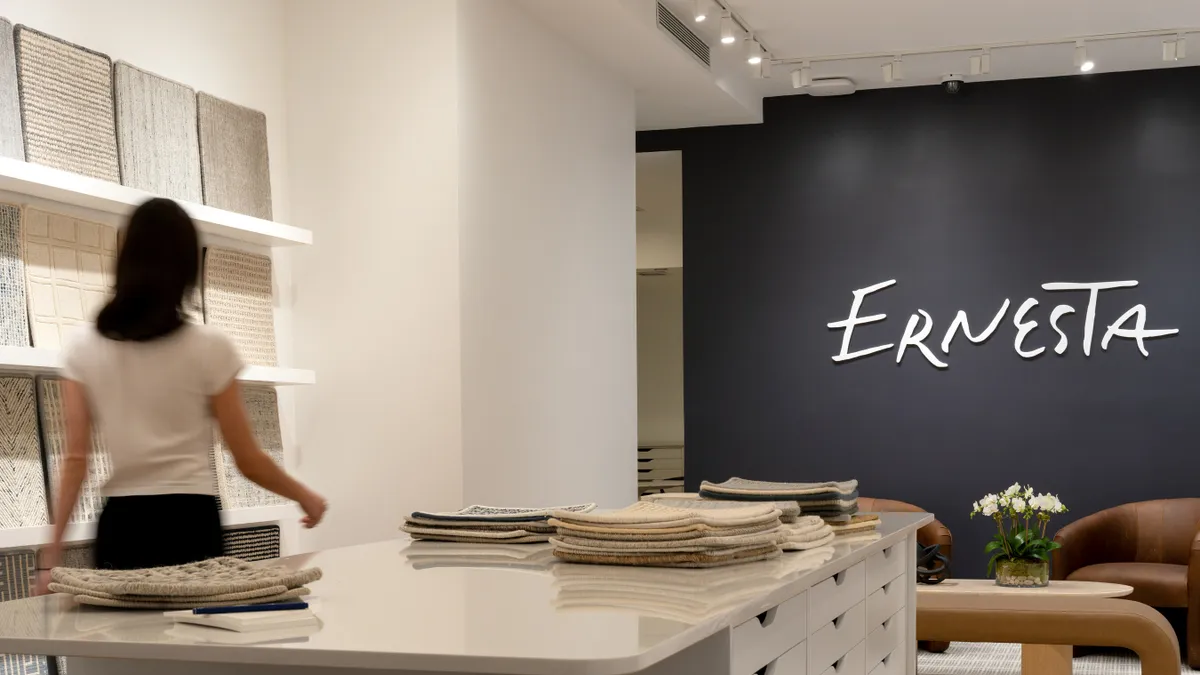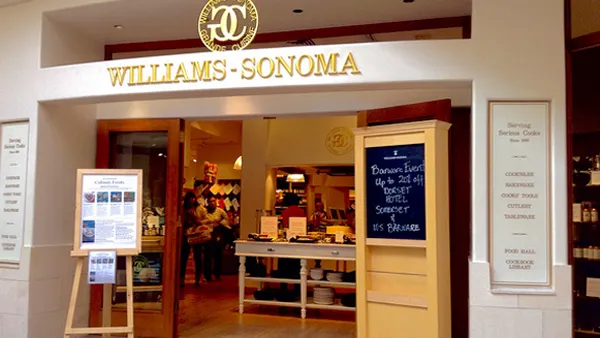The eerie quiet, day after day, of Main Streets and malls tells the story: As communities nationwide attempt to slow the spread of COVID-19, now a global pandemic still on the rise in the U.S., shopping in stores isn't much of a pastime.
About a hundred national retail chains and an untold number of the country's mom-and-pops have temporarily shut their doors, doing their part to promote social distancing as a way to stem the spread of the disease. It hasn't been all voluntary: In some cases, local or state governments have decreed that only grocers and mass merchants selling essential goods remain open.
The scope is unprecedented: As of March 26, more than 40% of the retail floorspace in the U.S. was closed to the public, an amount that last March brought in $107 billion in sales, according to data from GlobalData Retail. It's a bleak situation that has endangered retail workers' livelihoods and companies' bottom lines.
It's unsurprising, then, that some specialty retailers and department stores have stretched that word, "essential," to include themselves — in many cases staying open over the objections of their own employees, who, as Retail Dive found in investigating the situation at supplements retailer GNC, are concerned about their health and safety, and that of their customers.
"Right now, there's fear as customers move through a store."

Daniel Binder
Partner, Columbus Consulting
GNC is not alone. Hibbett Sports, crafts stores Michael's and Joann Stores, Guitar Center and department stores Sears and Dillard's, among others, have all kept locations open, some still even at press time. That has drawn headlines in the news, scorn on social media and criticism from analysts. Susquehanna International Group Managing Director Sam Poser, for example, this week slammed Hibbett's decision to stay open as "shortsighted." (The retailer didn't immediately return Retail Dive's request for comment or information on the status of its stores.)
"The decision not to temporarily close stores during the coronavirus outbreak puts the health and well being of [Hibbett's] customers and employees, as well as the health and wellbeing of Hibbett's historically very good reputation, at risk," he said in emailed comments.
It can be difficult to get such retailers to articulate their reasons for keeping stores open because, unlike those temporarily closing, they're not posting messages to customers. While a spokesperson for GNC insisted that "approximately 75% of our current products are in need right now," Dillard's principle is more broad-based.
"We believe continuing to operate using current safety standards is the best thing we can do long term for our associates and for the economy," a Dillard's spokesperson told Retail Dive in an email.
The real reason?
Several analysts are skeptical of such arguments, and doubt that staying open without good reason is beneficial for anyone right now, including the retailers themselves.
Dillard's is too small to have any impact on the economy, for one thing, and, with the malls it anchors closed down, it's not likely to get much traffic anyway, according to GlobalData Retail Managing Director Neil Saunders. He called the Southern department store's rationalization "bogus," and, similarly, craft stores' argument that they're important suppliers to small businesses "flimsy."
"The real reason behind all of this is that these retailers want to minimize losses," he told Retail Dive in an interview. "Some of them have very weak balance sheets already, others will be concerned about the potential long-term damage to their balance sheets and capitalization. That's really what this boils down to."
There's a real risk, however, that the move backfires.
Not the time
Retailers still running stores have emphasized they're taking extra sanitary precautions, but for the less essential ones, that may not be enough. "Right now, there's fear as customers move through a store," Daniel Binder, a partner at Columbus Consulting, told Retail Dive in an interview. "What retailers will have to figure out is how to bring a sense of structure and calm. This will pass, but for a department store like Dillard's that stays open, there could be a backlash that is not recoverable."
Saunders agrees, and, noting widespread complaints from employees at Kohl's, GameStop (which both have now temporarily shuttered) and Dillard's, warns that any nonessential retailer still open must make a clear case, both "to staff and ultimately the public" regarding why. Dillard's says that it will close stores anywhere there's a legal directive to do so, suggesting that mere guidance from public officials or health experts isn't enough.
"Ultimately this could become a massive PR fail for these firms as they are seen to be not doing their bit to keep us all safe."

Neil Saunders
GlobalData Retail Managing Director
Consumers don't appear to be in the mood for that right now, according to a report from Forrester Senior Analyst Anjali Lai. "At this moment, consumers don't have the emotional energy to engage with, spend with, or recommend your brand," she said in her report. "COVID-19-driven logistical challenges aside, this is not a ripe moment to convince consumers to open their wallet for your products or advocate for your company."
Understandably given that most are isolated at home, people feel "fragmented and disconnected," and trust is low, according to Lai. "Consumers find it hard to believe that organizations will do the right thing," she writes but adds that they do remain open to the right messages. "The more trusting consumers feel toward your brand today, the more willing they are to believe that your brand will put them first, even after the COVID-19 crisis passes. Earn consumer trust by showing customers that you're prioritizing people's well-being ahead of the company's financial needs."
That's exactly where keeping stores open fails, according to Saunders.
"Ultimately this could become a massive PR fail for these firms as they are seen to be not doing their bit to keep us all safe," he said. "The point is that at a time when most companies and retailers are pulling together and doing the right thing — as advised by our scientific and medical communities — these retailers are putting their own needs ahead of everyone else. I don't think that bodes well for their long-term brand value."




